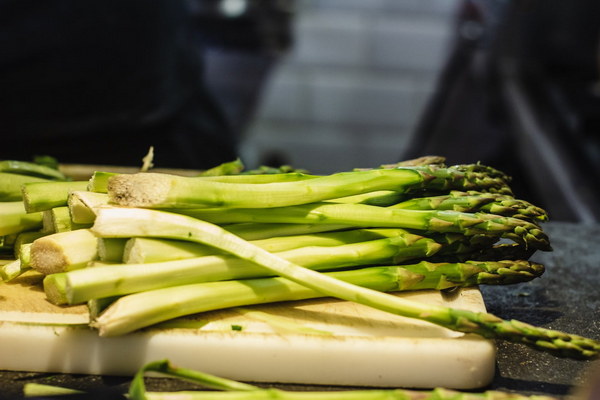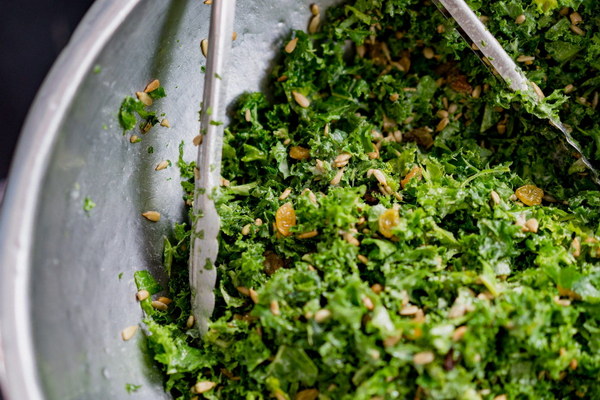Can Pregnant Women Use Moisture-Relieving Remedies A Guide to Safe Solutions
In the world of traditional medicine and wellness, the concept of dampness or phlegm often comes up, particularly in Eastern cultures. The idea is that dampness can manifest in the body as various symptoms, including fatigue, bloating, and discomfort. For pregnant women, the question arises: can they use remedies to relieve moisture or dampness? This article delves into the topic, providing insights into the safety and effectiveness of such treatments during pregnancy.
Understanding Dampness in Pregnancy
In traditional Chinese medicine, dampness is believed to be a common condition during pregnancy, often attributed to hormonal changes, increased fluid retention, and the body's natural defense mechanisms. While Western medicine doesn't specifically recognize dampness as a condition, many pregnant women do experience symptoms that could be linked to excess moisture in the body.
Symptoms that might be associated with dampness in pregnancy include:
- Swelling, particularly in the ankles and feet
- Excessive sweating
- Fatigue
- Digestive issues like bloating and constipation
- Sensitivity to cold
Safe Remedies for Pregnant Women
If a pregnant woman suspects she has dampness, it's important to approach any remedies with caution. Here are some safe and natural ways to help alleviate moisture-related symptoms:
1. Dietary Adjustments: A balanced diet rich in fresh fruits and vegetables can help manage fluid retention. Foods with diuretic properties, such as cucumbers, watermelon, and green tea, may also be beneficial. It's important to avoid high-sodium foods, as they can exacerbate fluid retention.
2. Herbal Remedies: Certain herbs are traditionally used to help relieve dampness. However, it's crucial to consult with a healthcare provider before taking any herbal supplements, as some herbs may not be safe during pregnancy. Herbs like ginger, turmeric, and astragalus have been used historically but should only be taken under the guidance of a professional.

3. Acupuncture and Massage: Acupuncture and massage therapy can help improve circulation and reduce fluid retention. These treatments are generally considered safe during pregnancy, but it's essential to find a licensed practitioner who is experienced in prenatal care.
4. Physical Activity: Regular, moderate exercise can help reduce fluid retention and improve overall circulation. Gentle activities like walking, swimming, and prenatal yoga can be particularly beneficial.
5. Hydration: While it may seem counterintuitive, staying hydrated can help with fluid balance. However, it's important to avoid excessive drinking, as this can lead to overhydration and further fluid retention.
Risks and Considerations
It's important to note that while some remedies may be effective for managing dampness, others can be harmful. Here are some risks and considerations to keep in mind:
- Herbal Supplements: Some herbs can cause uterine contractions or interfere with the body's hormone balance, which could be dangerous during pregnancy.
- Over-the-Counter Medications: Many over-the-counter diuretics and other medications are not recommended during pregnancy.
- Acupuncture and Massage: While generally safe, these treatments should be administered by a professional who is trained in prenatal care to avoid any potential harm.
Conclusion
The question of whether pregnant women can use moisture-relieving remedies is complex. While there are natural and safe ways to help manage symptoms associated with dampness, it's crucial to consult with a healthcare provider before trying any new treatments. A healthcare professional can provide personalized advice based on the individual's health status and the safety of the remedies being considered. By taking a holistic approach and seeking professional guidance, pregnant women can find relief from moisture-related discomforts while ensuring the safety of both themselves and their developing baby.









